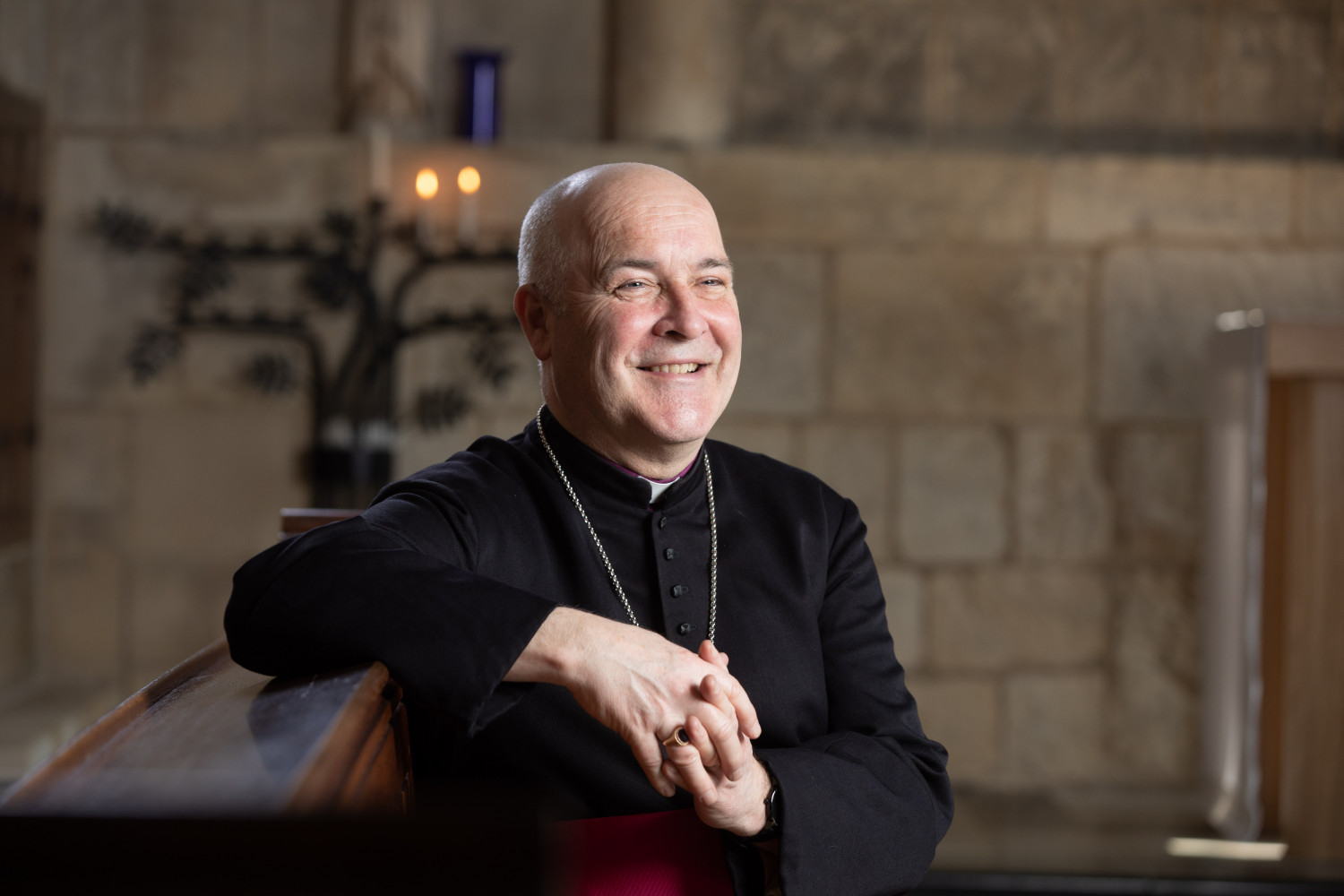
As we prepare to welcome Archbishop Stephen to deliver the 25th Archbishop Blanch lecture on November 22nd we speak to him about the lecture and the importance of Opening the Scriptures in today's society.
His theme 'Opening the Scriptures‘ explores what this means in an increasingly secular culture and why it still matters for Christian discipleship. As a prolific author and a national leader with a pastoral heart for the mission of the Church, Archbishop Stephen will challenge and encourage us in this vital task.
This will be a fitting lecture as Archbishop Stephen will deliver the 25th-anniversary lecture and the final lecture in the name of Archbishop Blanch.
How do you feel about coming to Liverpool to deliver the final Archbishop Blanch Lecture?
Of course, it’s an honour to be invited to give this lecture. Archbishop Blanch was a great theological mind, engaging his faith with politics and culture.
Why have you chosen the theme Opening the Scriptures?
The Christian faith has at its heart the teaching of Scripture – the daily offices (Morning and Evening Prayer) and our Sunday services revolve around the psalms, the teachings of Jesus and the witness of the prophets of the Old Testament. The challenge for all of us – whether bishops, priests or lay people – is to work out what this means for us today and to interpret the Bible for life in the modern world. Understanding Scripture is necessary to understand the Kingdom of God.
A number of people are concerned about falling levels of biblical literacy in the country, why is knowing the scriptures important for our mission?
Well, of course the Bible tells us about God, about God’s love for us and God’s vision for the world. We live in a world where we perhaps too often rely only on the headlines, the first 40 characters. The depth and breadth of God’s love can only begin to be grasped when we see how God has been at work in the world since the beginning of time. There is also something comforting about familiar stories and so many of the biblical themes are echoed in literature and blockbuster films – sin, redemption, mercy, grace. The less we know of scripture, the less we begin to see of God.
What will people get from coming to this lecture?
A fun 45-minute lecture followed by a Q and A!
It will be an opportunity for them to hear me speak of my love of Scripture and the important part it plays in my daily life. Some people pick up the Bible to read it for the joy of reading a beautifully written book – they are quite often surprised by God! Studying scripture isn’t about hard academic slog, it is an invitation to spend time with God, in a way that transforms our thinking and our living.
How does engaging with scriptures help us in seeing a bigger church make a bigger difference?
There are obviously many different ways to think about this – there is the Great Commission, where Jesus commands us to go and make disciples of all nations. But there is also the hope that we find throughout Scripture – that even in times of great despair, people put their trust in God, who is faithful, to deliver them. We see this hope in the prophets of the Old Testament, the disciples of the Gospels, the young churches in the Epistles.
In our diocese we are encouraging people to follow a rule of life where they pray, read and learn and tell, serve and give. How does this lecture help that learning process?
We often speak of the three-legged stool of Anglicanism – reason, tradition and Scripture. Scripture offers us a lens through which to view the world and interpret what we are seeing happening around us. The Bible is more than a moral code, it invites us to a way of life that engages with ancient tradition and modern worship, that allows us to encounter God – Father, Son and Holy Spirit – and invites us to participate in God’s mission for a just, merciful, kind, generous, loving world. Church isn’t only what we do for an hour on Sunday – we are called to be disciples, and that is full-time engaging with living in this world, sure of who we are in Christ.
What challenges do you think now face the Church of England and Diocese of Liverpool?
What immediately comes to mind is how we deal with a rapidly changing world, a world that is facing so many challenges. Injustice, inequality, poverty, prejudice – these are all affecting our world and affecting our Church. I’m sure you are only too aware of this in the Diocese of Liverpool. We need new ways of living, and new ways of being Church – simpler, humbler, bolder. What is God asking of us here and now, to live well, to care for our communities, to offer a message of hope. Churches do so much to engage with people and to look after them – food banks, coffee mornings, drop in cafes, all sorts of worship, carol services – these are all opportunities out of faith, to be disciples, to demonstrate our love of God and neighbour.
What are you most looking forward to in delivering this lecture?
It’s always a joy to talk about God – that’s my job, after all. I’m looking forward to spending time with the people of Liverpool, and remembering alongside them Archbishop Blanch, who still has so much wisdom for us today.